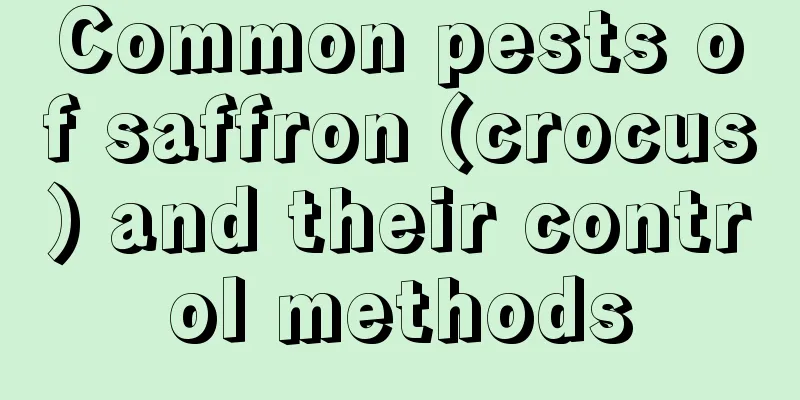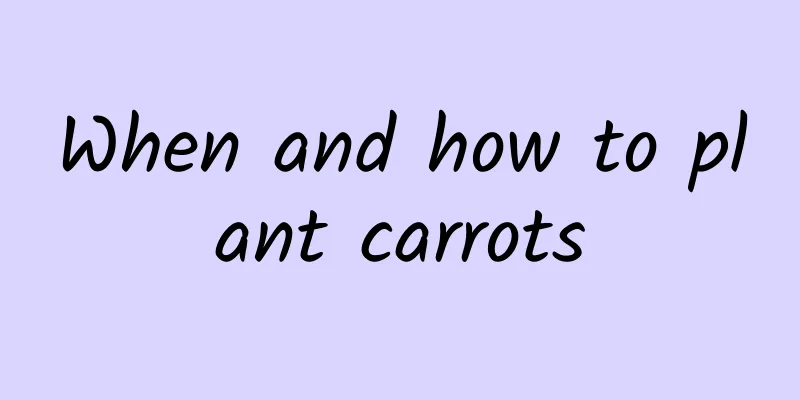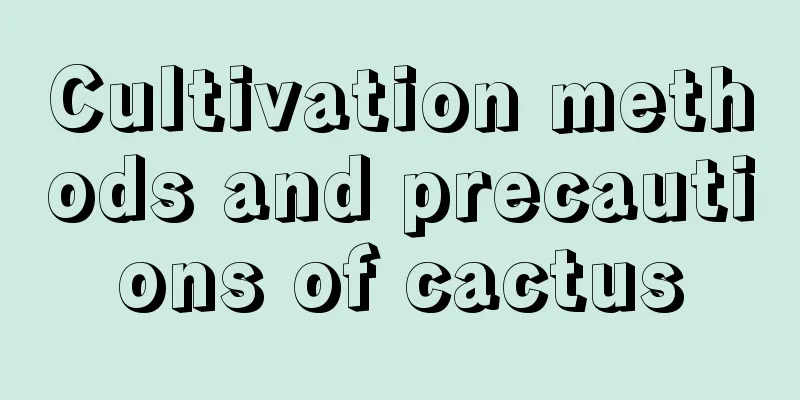Common pests of saffron (crocus) and their control methods

Saffron borerHazard phenomenonAutumn is the high-risk period for borer insects to develop, which are extremely harmful to saffron inflorescences. Once the insects bore into the inflorescences, the flowers will die, seriously affecting the appearance and yield. Prevention and treatment methodsDuring the peak period of insect pests, remove adult insects promptly and promptly. During the budding stage, apply methyl parathion to the leaves for 2 to 3 times to kill the borers. Saffron root nematodeHazard phenomenonRoot nematodes mainly parasitize on the roots of plants, absorbing nutrients from the roots, causing the plants to rot. The aboveground parts of the affected plants grow short and slow, with abnormal leaf color, few fruits and low yields, and may even cause the plants to die prematurely. Prevention and treatment measuresDisinfect the soil and bulbs before planting, and choose bulbs with strong disease resistance for planting. If root nematodes are found, water the diseased plants with 1000 times diluted 50% thiophanate-methyl. When the pest is serious, remove the plant from the pot, clean the root system, change the soil and replant. Saffron aphidsHazard phenomenonAphids often gather on the heart leaves and secrete nectar when damaging the leaves, affecting photosynthesis and yield quality. The leaves of plants infested with aphids will be damaged to varying degrees, the flowers will droop, and in severe cases the bulbs will rot and degenerate, affecting their appearance. Prevention and treatment methodsIf you find aphids infesting leaves, remove them immediately and scrape them off with a bamboo stick or clean water. When the damage is serious, spray 40% Dimethoate EC as an insecticide. Spraying 2 to 3 times can kill aphids. Strengthen maintenance at ordinary times, ventilate frequently, and apply appropriate amount of phosphorus fertilizer to enhance the disease resistance of the plants. After the flowers fade, trim the dead branches and flowers in time to ensure the surface of the potting soil is clean. |
<<: Peach Blossom Pest Control Encyclopedia
>>: Pest and disease control of sweet olive
Recommend
How to grow peach egg succulent
Peach Egg Succulent Growing Conditions Peach Egg ...
When does Begonia bulbifera bloom?
Flowering period of Begonia bulbifera The floweri...
Does the miniature coconut palm bloom?
Flowering period of miniature coconut palm The dw...
How to eat snake fruit
How to eat snake fruit Eat raw Wash the purchased...
Place these plants at home on New Year’s Day and wealth will come rolling in!
Moneywort What do you think? Just seeing the name...
Is ginseng fruit a fruit or a vegetable?
Is ginseng fruit a fruit or a vegetable? Ginseng ...
Can Guangdong Evergreen be placed in the living room?
1. Benefits Although its sap is poisonous, you ca...
What does succulent medicinal brocade mean?
What is Yaojin I believe everyone is familiar wit...
The Flower Language and Cultural Symbolism of the Money Tree
Money tree flower language The flower language of...
How to propagate irises by division, when to divide
1. Method of division 1. Plant selection: For iri...
When is the latest time to plant Wutacai in the north?
Wutacai is a vegetable native to China. It is a v...
Can the bird of paradise bask in the sun? Can it be placed on the balcony to bask in the sun?
Can Bird of Paradise bask in the sun? Bird of Par...
Asparagus seedling raising method and time
Asparagus is known as the "king of vegetable...
How to make acorns germinate quickly
Acorn germination environment First of all, you n...
When is the best time to plant lily bulbs?
Lily is a very popular flower that is not only be...









